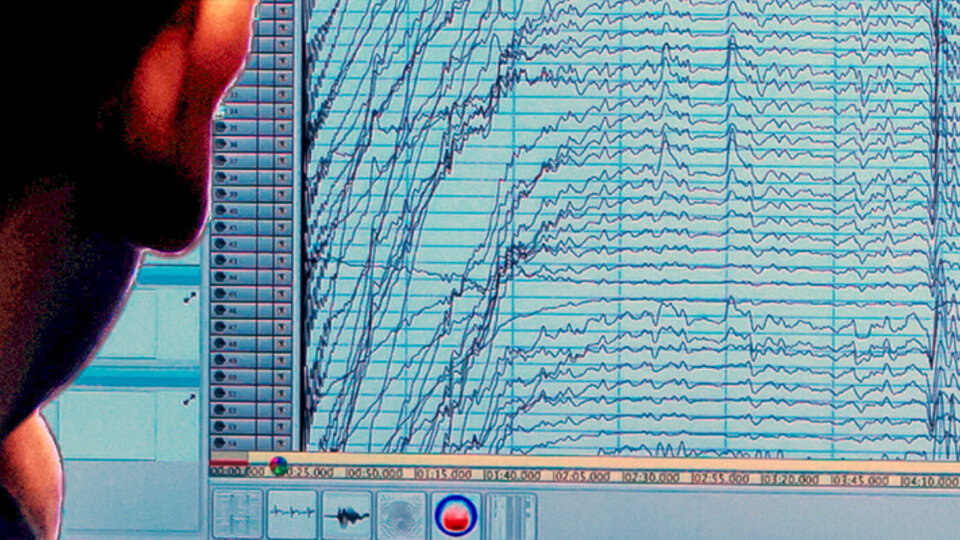The MRI Facility Standard Operating Procedures manual guides researchers through the steps involved in conducting research in the facility, including:
- MRI Facility Project Approval
- Safety Screening, Safety Training, and Access
- IRB Approval
- Scheduling and Billing
- Data Collection
- Data Retrieval
Some of these steps are also described in this section by clicking the links above.
Investigators may find this checklist helpful for checking off the steps towards getting started!
Getting Started
The following are the initial steps required to conduct research in the MRI Facility:
Project Approval
Anyone interested in conducting a new research project is asked to please submit a Project Approval Form* to Joanne Murray at jmurray14@unl.edu.
*The pdf file is capable of being filled on a computer, but due to web browser differences you may need to download and open the file in Adobe Acrobat in order to fill in the fields.
We would like to know about your project! This also helps us project and coordinate usage of the equipment.
IRB Approval
Before conducting a research project with human subjects in the MRI Facility, the project must be approved by the UNL Institutional Review Board (IRB). Please visit the UNL IRB website to learn more about applying for UNL IRB approval.
The MRI Facility has developed IRB-approved standard MRI consent form language, including a policy and language for incidental findings. These documents are available via a shared folder for MRI Facility researchers. Investigators are strongly encouraged to use the standard language when submitting IRB projects involving MRI/fMRI, EEG, eye tracking, and/or physiological recordings within the CB3 MRI Facility.
Please send a request to Noah Clayton at nclayton3@unl.edu to be added to this folder.
Upon receiving project IRB approval, please send the following to the CB3 MRI receptionist at mri@unl.edu.
IRB approval letter
- PDF copy of NUgrant project summary page
- The project summary page indicates project personnel approved for work on the project. An updated copy should be shared with the MRI Facility when personnel change.
Safety Training
All researchers wishing to access the CB3 MRI Facility are required to complete safety screening and training:
Safety Screening
Researchers new to the facility are asked to complete a Safety Screening Form and bring it with them to the safety training class.
Safety screening is reviewed every 2 years for active MRI Facility researchers. Please notify the MRI technologist immediately of any changes to personal health that may affect safe access to the MRI Suite in the interim.
Safety Training
Completion of a 1.5-hour safety training class is required prior to new researchers gaining access to the MRI Facility. Classes are offered on an “as needed” basis at this time.
Please contact the CB3 MRI receptionist at mri@unl.edu to sign up for a class!
Scheduling
The MRI Facility Standard Operating Procedures manual describes current MRI Facility scheduling and billing policies.
Scheduling
All reservations of the MRI Suite Control and Scanner rooms, as well as the MRI Simulator room, are scheduled via the facility shared Outlook calendars.
The CB3 MRI receptionist at jmurray14@unl.edu can add reservations to the calendars.
Investigators may also request access to the calendars from the receptionist to view the schedule and/or to place reservations directly on the calendars.
Billing
All MRI data collection time is billed to the quarter hour, after an initial charge for the first half hour.
Researchers are also billed for protocol testing with subjects beyond three hours per project.
Use of the MRI Simulator room is free-of-charge.
Please contact Joanne Murray at jmurray14@unl.edu for current MRI Facility rates.
Resources
The following are resources that may be useful for MRI investigators:
CB3 MRI Facility Box
Please contact Noah Clayton at nclayton3@unl.edu to be added to a shared folder for CB3 MRI Facility investigators, including standard MRI IRB consent form language; the policy and language pertaining to incidental findings; instructions for use of the scheduling calendars; and data management, processing and analysis information.
MRI Data Analysis Software
This is a non-exhaustive list of popular software used in MRI data analysis.
